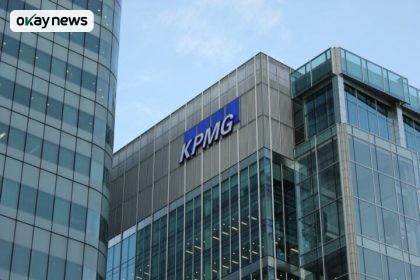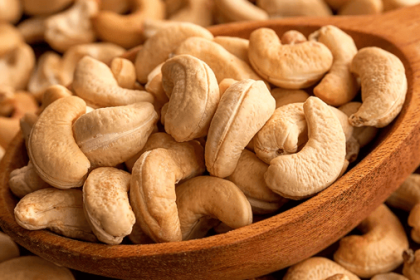Nigeria’s Treasury Bills market saw another surge in demand at the November 19, 2025 auction, as investors submitted N1.23 trillion in bids for the 364-day tenor against a N450 billion offer. The rush to lock in current yields suggests market participants are positioning ahead of an expected monetary policy pivot in 2026.
Despite the heightened demand, the Central Bank of Nigeria (CBN) maintained stop rates across all maturities. The 91-day, 182-day and 364-day instruments cleared at 15.30%, 15.50%, and 16.04%, unchanged from previous levels. Analysts described the decision as a strong signal that yields may have reached their cyclical peak.
Total allotments at the auction reached N1.63 trillion, comprising N1.03 trillion in 364-day bills, N33.81 billion in 91-day paper, and N26.41 billion in 182-day bills. The size of the allotment, nearly four times the initial offer, underscores the depth of excess liquidity now circulating in the financial system.
True yields remained elevated at 15.918% (91-day), 16.809% (182-day), and 19.104% (364-day), positioning one-year bills as the most attractive risk-free instrument for institutional portfolio managers. Financial analysts said the sustained interest is consistent with expectations of moderating interest rates next year.
Dr. Ayodeji Ebo, CEO of Optimus by Afrinvest Limited, noted that investors are strategically securing high returns before the yield curve begins to soften. Another analyst, Kalu Aja, remarked that unchanged stop rates despite rapidly falling inflation indicate a market consensus that the tightening cycle may have peaked.
Demand at the long end intensified compared with the November 5 auction, where total bids across all tenors reached N1.18 trillion. On that date, N1.135 trillion targeted the one-year bill alone, slightly below the N1.23 trillion recorded at the latest sale. While the earlier auction saw a 10-basis-point decline in stop rates, the latest results showed complete rate stability.
Analysts had expected the combination of easing liquidity conditions, declining inflation, limited investment alternatives and stronger reserve buffers to produce marginal rate cuts. Instead, the CBN maintained a flat rate structure, reinforcing expectations of short-term yield stability.
Fixed-income traders say bidding pressure is likely to intensify in December as banks and fund managers adjust balance sheets ahead of the first-quarter policy calendar. Market watchers expect that sustained excess liquidity could induce only modest downward movement in yields.
With inflation slowing to 16.05% in October, down from 18.02% in September, the conditions for rate softening are gradually taking shape. Analysts forecast that yields may ease in early 2026 once clearer monetary signals emerge.
For now, Nigeria’s one-year Treasury Bills — offering over 19% true returns — remain the dominant choice for investors seeking capital preservation and yield maximisation before the monetary cycle turns.







